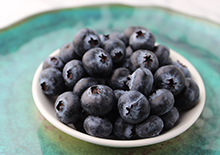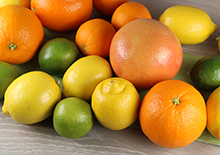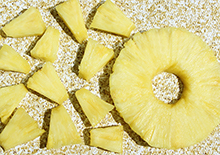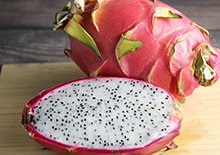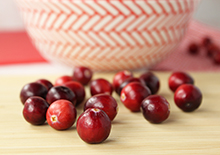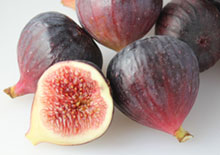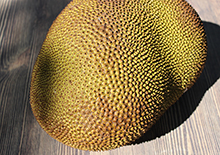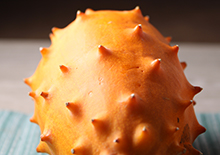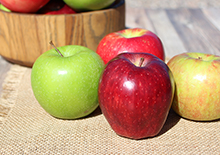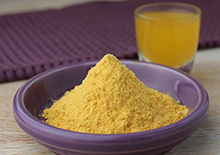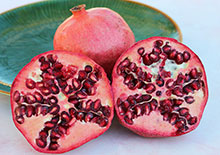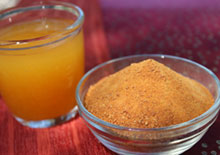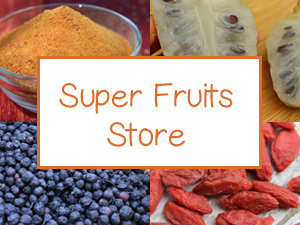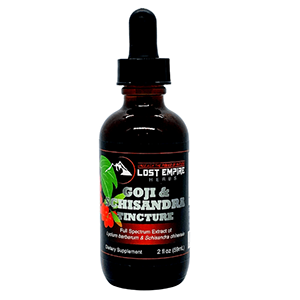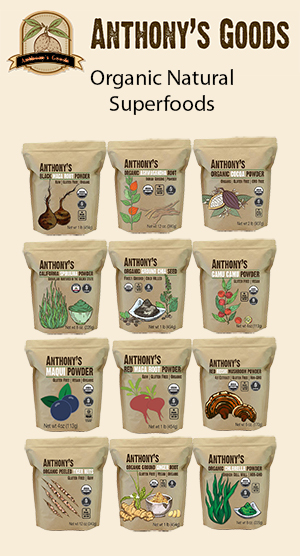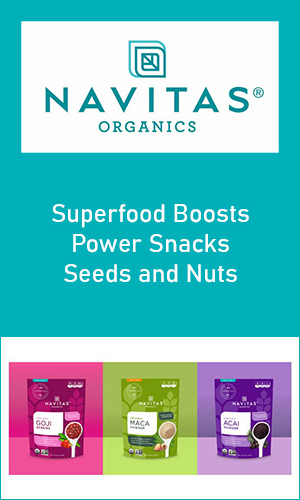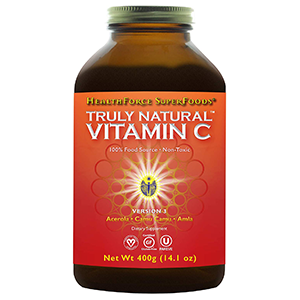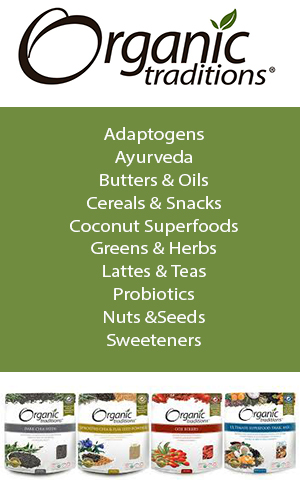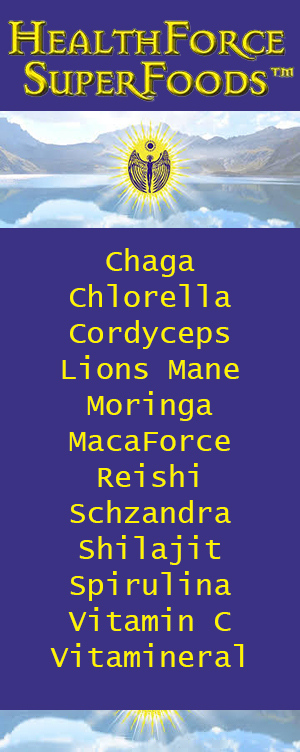- Home
- Super Fruits
- Benefits of Eating Kiwi
Benefits of Eating Kiwi, Reasons to Eat Two a Day
Gut Health | Sleep Aid | Immune Support | Optic Nutrition | Heart Healthy | Things About | Precautions
For Gut Health
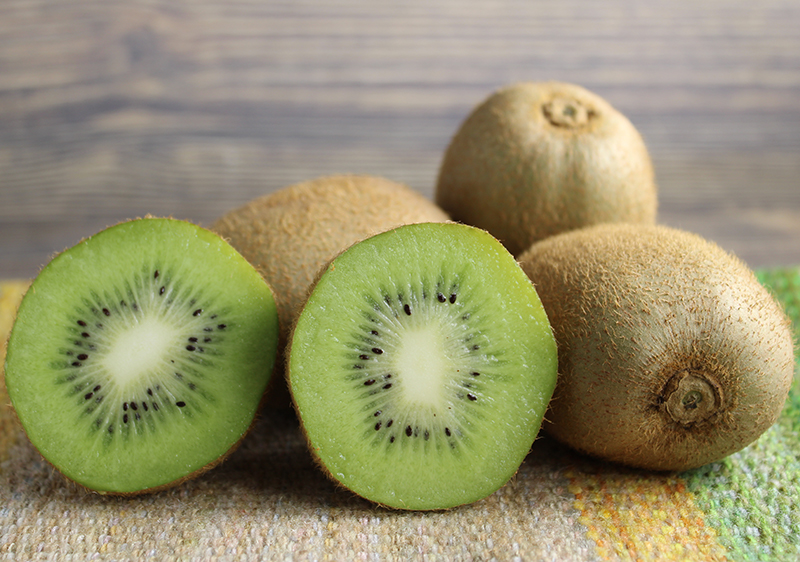
One of the most popular trending benefits of eating kiwi as of late is in regard to its special enzyme known as ACTINIDIN.
Spelled similar to its genus Actinidia, and kiwi species Actinidia chinensis, actinidin is a kind of cysteine protease, the enzymes that break down protein in foods.
Similar types of protease enzymes are found in other fruits, like the papain from papaya and bromelain from pineapple.
Table of Contents
Gut Health | Sleep Aid | Immune Support | Optic Nutrition | Heart Healthy | Things About | Precautions
Also referred to as actinidain, actinidin is unique to the kiwifruit and first discovered way back in the late 50s for its ability to liquefy gelatin.
Today, research now suggests that consuming two green kiwi fruits a day may help improve constipated stools as well as associated abdominal discomfort.
Since proper elimination is vital to overall gut health, eating two kiwi fruits alone as a pre-breakfast snack can encourage bowel regularity and help to process proteins, whether animal or plant-based, into valuable amino acids.
This action is especially relevant because protein-rich foods can be some of the hardest to completely digest as we get older.
In addition to its actinidin content, the kiwi fruit is also full of FIBER. Eating fiber-rich foods that support regular bowel movements is a preventative approach to maintaining overall health and wellness of the intestinal microbiome over the course of one's lifetime.
Likewise, adding two kiwi to the morning fruit list can also keep one in line with weight management objectives.
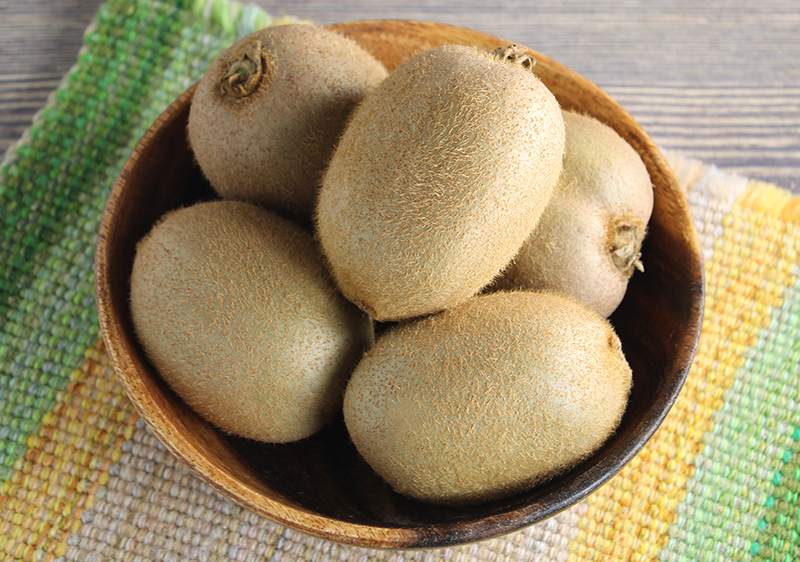
As a Sleep Aid
Another recognized yet unusual benefit of eating kiwi is as a natural sleep aid.
Interestingly, in one study, consuming two green kiwifruits one hour before bedtime was shown to increase sleep duration and sleep quality in athletes tested.
Some of the nutritional components involved are the fruit's MELATONIN and SEROTONIN content.
Melatonin is a hormone known for regulating the circadian rhythms and sleep-wake cycle. Kiwi fruit is reported to contain about 24 µg (micrograms) of melatonin per gram. One green kiwi fruit, averaging about 75 grams therefore can contain about 1,800 micrograms or 1.8 milligrams of MELATONIN. Eating two kiwifruits could average about 3.6 mg of melatonin.
Kiwifruits serotonin concentration is approximately 5.8 micrograms per gram. This is a neurotransmitter that helps to promote relaxation as well as balanced sleep patterns.
Other sleep-related influences involved may also be related to the kiwi's antioxidant compounds and other nutrients like potassium and copper. Kiwi likewise contains higher amounts of FOLATE, a B vitamin linked to sleep improvement.
From our observation, we can also see that kiwifruits benefit to gut health may likewise be associated with encouraging better sleep.

For Immune Support
Kiwi is very high in the antioxidant known as VITAMIN C, an important nutrient for optimal human immune functioning and protecting one against various pathogens.
One raw ripe medium green kiwi has an average of 64 milligrams of VITAMIN C or 71% of the Daily Value based on a 2,000 calorie adult diet.
Two kiwi fruits a day is more than adequate to meet one's daily requirements.
Other immune-supporting antioxidants include VITAMIN E and a wide assortment of POLYPHENOLS such as quercetin, kaempferol, catechin and chlorogenic acid.
For Optic Nutrition
In addition to vitamin C and vitamin E, other nutritional benefits of eating kiwi include its high CAROTENOID ANTIOXIDANTS: β-carotene, lutein and zeaxanthin.
These are special and protective nutrients for maintaining healthy eyes and vision.
As a Heart Healthy Food
Eating more kiwi fruit can be a natural dietary strategy as part of a heart healthy meal plan.
It is known to encourage an antihypertensive influence due to minerals like POTASSIUM, which supports blood pressure regulation and counteracts sodium levels.
Three kiwi's a day was reported to lower moderately elevated blood pressure in one study on men and women.
Vitamin K content also helps in the metabolism of calcium and prevents its buildup in the cardiovascular system.
Again, the actinidin enzyme in the fruit is likewise beneficial for protein digestion, which can help to break down animal proteins known to promote atherosclerosis when consumed in excess.
7 Interesting Things About Kiwi
Actually a Berry
Not Native to New Zealand
The Skin is Edible
Different Varieties
Ripens After Harvest
About Kiwi Name
Why Purchase Organic
1) Kiwi is Actually a Berry
Technically speaking, kiwi is considered a berry according to botanical definitions. Similar to other fruits like grapes and bananas, we don't typically think of as berries.
So, like all berries, kiwi is actually the fruit that grows from the ovary of a single blossom. It contains multiple seeds and three fleshy layers.
Most people are familiar with the main green varieties speckled with tiny black seeds. These are from the species Actinidia chinensis var. deliciosa or simply Actinidia deliciosa.
2) Not Native to New Zealand
Contrary to common belief, the kiwi Actinidia chinensis is not indigenous to New Zealand but comes from northern China, hence the species name "chinensis".
However, it was introduced to New Zealand during World War II and extensive commercial cultivation began with original Actinidia deliciosa cultivars like the Allison, Harward, Abbott, Bruno, Gracie, Montgomery and Elmwood.
While today China is the largest producer of kiwi, where it's called "macaque peach", it is also the top consumer worldwide.
New Zealand, still a major producer, takes the lead for commercial export, followed by China and Italy.
3) The Skin is Edible
Did you know that the fuzzy brown skin of the kiwi is in fact edible? Some liken it to that of a peach.
You can rub off some of the fuzziness, but isn't for every palette.
Most people enjoy the sweet tart flavor of kiwi fruit that is peeled.
4) There are Different Varieties
There are several different varieties of kiwi. The green-fleshed cultivars, like the 'Hayward' are by far the most popular here in the U.S.
Second are the gold-fleshed kiwi cultivars like the 'Zespri Sungold'.
There are also red variations of Actinidia chinensis like the 'EnzaRed' and 'Zespri RubyRed'.
5) Kiwi Fruit Ripens After Harvest
Kiwi is one of those fruits that can further ripen to peak sweetness after harvest.
If you buy firm unripe kiwis, they will take between 4-6 days to get ripe and develop a soft texture.
To speed up this process, you can place the fruit in a paper bag with an apple.
6) Kiwi Has Different Meanings
The word "kiwi" can also refer to a type of brown bird called "the kiwi". It's in fact the national bird of New Zealand.
Kiwi also is also a nickname used affectionately to describe someone from New Zealand.
7) Why Purchase Organic?
Since pesticides are typically used in commercial production to increase fruit growth, it is good to try to purchase organic kiwi when possible.
Precautions:
Some individuals have allergies to kiwi and the enzyme actinidin, so take heed if you have sensitivities. As with all berries, kiwi seeds can aggravate issues like diverticulitis. Consult your healthcare professional before adding kiwi fruit to your diet if pregnant, nursing, if you have a serious health condition or are taking any medications.

